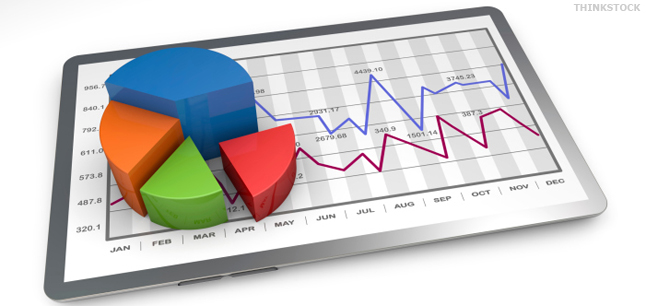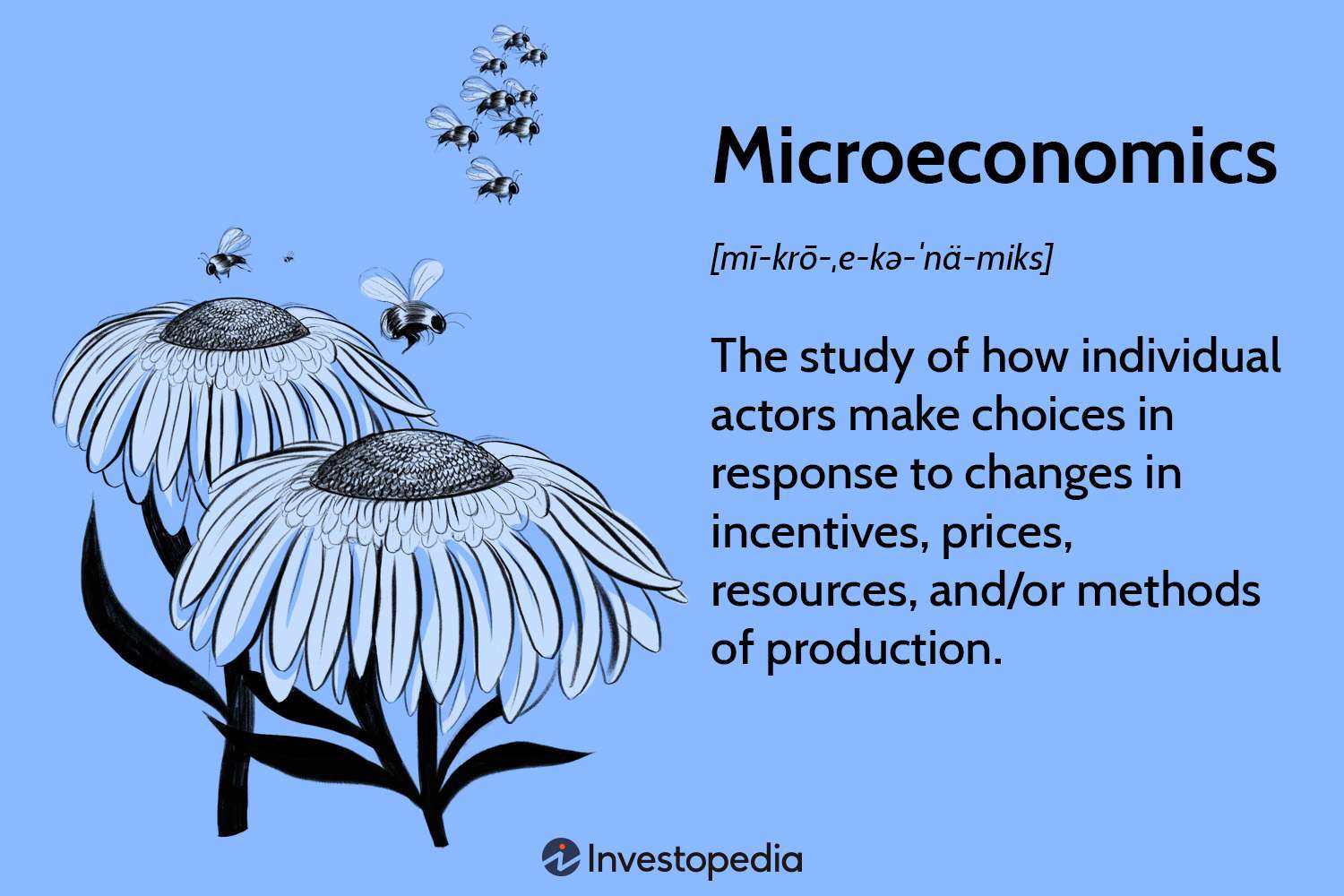Home office job as a microeconomist
Published

Microeconomist are concerned with analyzing the behavior of individuals, households, and businesses in relation to their decisions about the production, consumption, pricing, and distribution of goods and services. In contrast to Macroeconomics , which deals with macroeconomic phenomena such as inflation, unemployment, growth and trade, microeconomics studies the behavior and decisions of individual actors and how these decisions affect markets and the economy in general.
The topics that microeconomists deal with include, among others, price formation, the optimal allocation of resources, the effects of taxes and regulations on the behavior of companies and consumers, the theory of business organization, game theory and the theory of decisions under uncertainty .
Microeconomists typically work for research and consulting firms, government agencies, universities, and non-profit organizations. You use quantitative methods such as econometric models, mathematical models and experimental methods to analyze data and understand economic relationships.
Are microeconomics and business administration the same thing?

Those : planitplus.net
No, microeconomics and business administration are not the same, although there is some overlap between the two fields.
Microeconomics is a branch of economics and is concerned with the analysis of the behavior of individuals, households and companies in relation to their decisions about the production, consumption, pricing and distribution of goods and services. Microeconomics also examines the interactions between individual markets and the effects of regulations on the economic decisions of actors.
Business administration (BWL), on the other hand, is an independent discipline that focuses on the organization and management of companies and other organizations. Business administration examines how companies can best use their resources such as capital, labor and materials to achieve their goals and how they can best manage relationships with customers, suppliers and other stakeholders.
Although microeconomics and business administration have different focuses, there is some overlap between the two fields. Some concepts of microeconomics such as pricing, supply and demand, and cost structure are also relevant to business administration. Business administration also uses microeconomic models and theories to make decisions and develop business strategies.
How much do microeconomists earn in Switzerland?
The average annual salary for microeconomists in Switzerland is around CHF 95,000 to CHF 120,000, depending on experience, qualifications and employer. However, salaries can vary depending on industry, type of employer (e.g. consulting firms, government agencies or universities), region and individual factors.
It should also be noted that the cost of living in Switzerland is relatively high compared to other countries, especially in the cities. Therefore, salaries in Switzerland can be higher than in other countries to compensate for the higher cost of living.
How much do microeconomists earn in Germany?

Those : investopedia.com
The average annual salary for microeconomists in Germany is around €50,000 to €70,000, depending on experience, qualifications and employer. However, it can vary depending on the industry, type of employer (e.g. consulting firms, government agencies or universities), region and individual factors.
It is important to note that salaries in Germany tend to be lower compared to other countries such as Switzerland or the USA. However, the cost of living in Germany is generally lower than in these countries.
What training is required to become a microeconomist?
To become a microeconomist, a university degree in economics or a related subject such as business administration, mathematics or statistics is usually required. A bachelor's degree in economics or business administration is usually sufficient to get an entry-level position as a microeconomist. However, a master's degree in economics or a related field can improve career opportunities and enable higher salaries.
During your studies, a number of core subjects such as microeconomics, macroeconomics, mathematics, statistics and economic history are usually taught, which are important for understanding the fundamentals of economics. It is also common for students to gain practical experience through internships or projects in industry or research institutions during their studies.
To work as a microeconomist, it is also important to have analytical skills, solve complex problems and analyze data. Additionally, it can be helpful to have good communication skills and knowledge of programming or statistical software.
What activities do microeconomists perform?

Those : research.com
Microeconomists are typically responsible for the study and analysis of individual markets, companies, and consumer behavior. Her work focuses on applying economic theories and methods to understand and influence the decision-making processes of consumers, businesses and governments. Below are some of the most common activities performed by microeconomists:
- Conducting Market Analysis: Microeconomists study market conditions, competition, prices, supply, and demand in a particular market to identify trends and make forecasts.
- Analyzing Corporate Data: Microeconomists can examine corporate data to improve operations, increase profitability, and reduce costs.
- Conducting consumer studies: Microeconomists can conduct surveys, studies, and experiments to understand consumer behavior and their decisions in the marketplace.
- Policy Consulting: Microeconomists advise government agencies, policymakers, and organizations to assess and develop solutions to economic problems such as taxes, competition policy, regulation, and public goods.
- Economic Research: Microeconomists may work in research institutes, consulting firms, universities, or government agencies to study economic trends and develop new theories and models.
- Developing pricing strategies: Microeconomists can help companies develop pricing strategies and optimize prices for products and services.
- Analysis of financial markets : Microeconomists can analyze financial markets and securities valuations to make investment decisions or make recommendations.
This list is not exhaustive, but only provides an insight into the possible activities of microeconomists.








